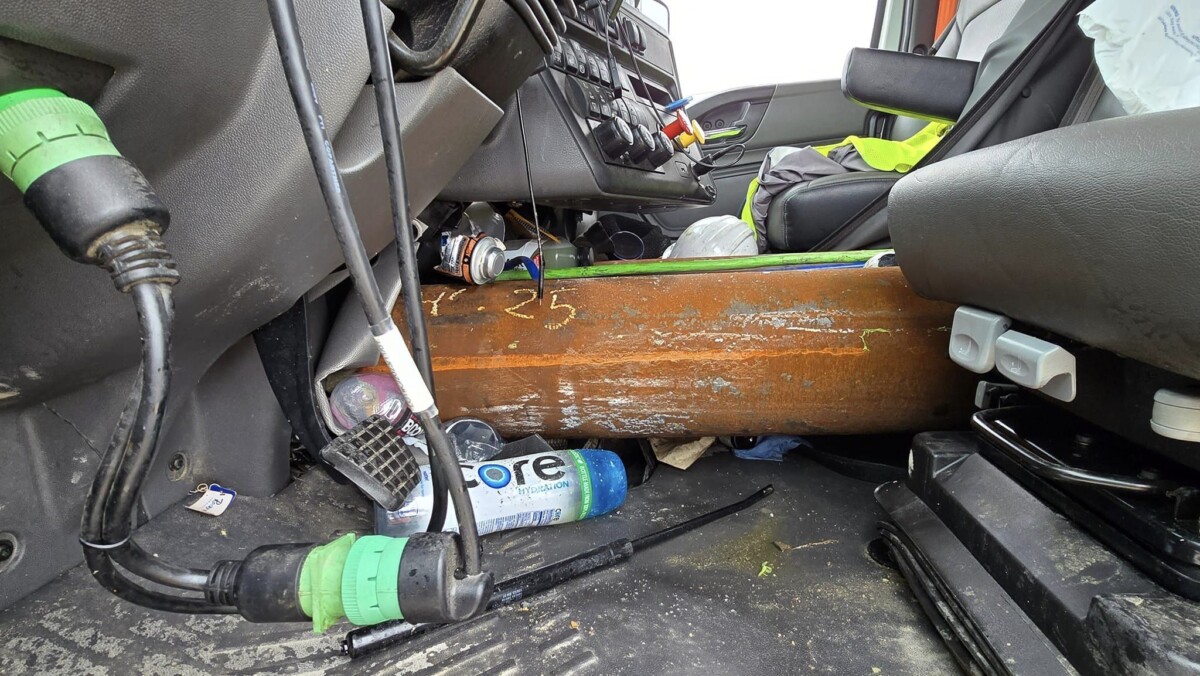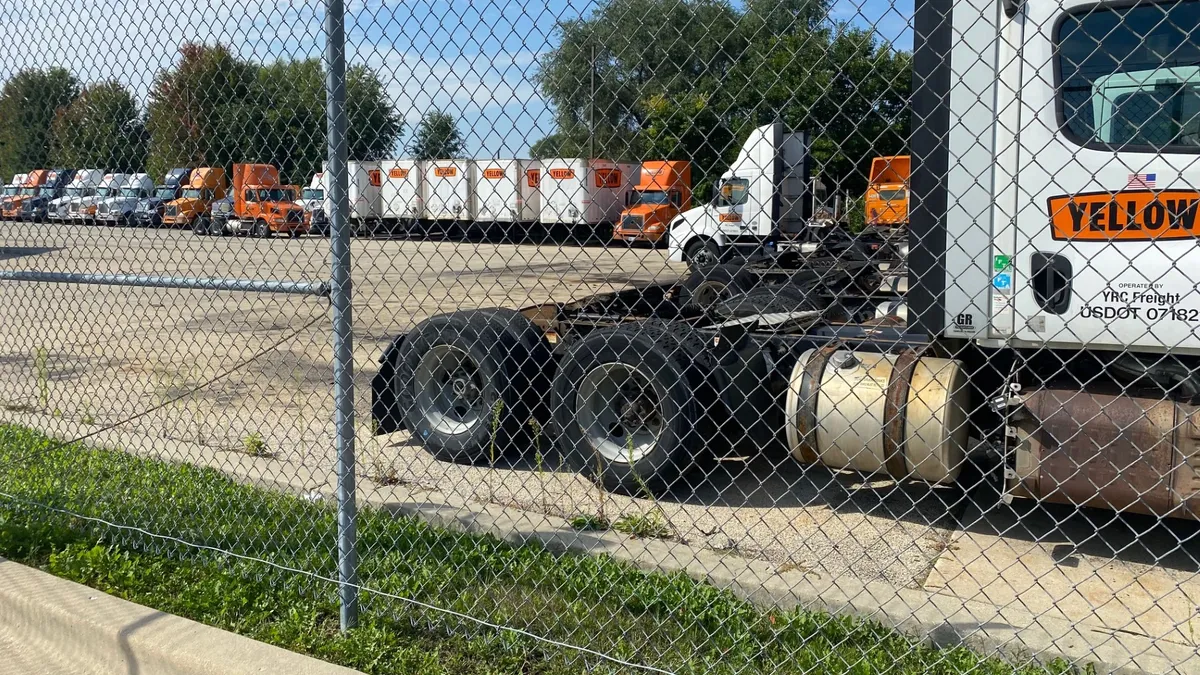Need solutions for truck driver health issues? Understandably, life on the road is a tough job. The demands of the job often lead to a diet centered around store-bought goods and ready-to-consume food and drinks. Unfortunately, these eating habits can put a truck driver’s health at risk.
Obesity
Being on the same posture for most of the time, truck drivers face various health problems. Obesity is one of them. This health condition is usually defined on the basis of body mass index.
The fast-food culture and sedentary life style affects the overall bodily metabolisms and raise severe health risks.
Most drivers have a microwave installed in a truck cabin that lets them heat fast food on the go.
Consuming ready-made fast food out of boxes on-the-go is not a healthy option. Without physical workout, it causes the body to gain weight and leads to obesity.
According to CDC research, seven out of ten truckers are obese in the U.S. alone. One truck driver even informed the researchers how common it was to become obese while driving trucks and long hauling vehicles.
Most of them had eating habits limited to highway restaurants, where the food is not as healthy as home-cooked meals. Further issues that come with obesity include coronary diseases, insomnia, and type 2 diabetes etc.
Solution: As a driver, it is undoubtedly essential to take care of your health. But, for that to happen, drivers have to take care of their eating habits.
- Eat fresh cut fruits and vegetable servings regularly
- Include mixed dry fruits and whole grains in your diet
- Avoid sugar drinks and fried food items from the list
- Balance the diet plan with enough food varieties with appropriate calories
- Avoid high energy supplying servings and opt low-fat platters
- Spent at least 15 minutes on active exercise such as walking, jogging etc.
Lung Cancer
CDC studies further predicted that over 70 percent of truck drivers smoke. Apart from that, being continuously exposed to diesel exhaust gas, truck driver lives are prone to deadly diseases.
Though smoking helps drivers stay stress-free, it also increases their chances of acquiring lung cancer.
Even if a trucker does not smoke, he may still get lung cancer when exposed to gasoline fumes and similar chemicals.
Solution:
- Try to reduce the amount of smoking on a daily basis and quit it
- Practice other stress- relief methods while driving instead of smoking
- Maintain vehicle smoke emission standards within the recommended scale
- Never permit others to smoke inside the vehicle cabin
- Ensure enough air circulation across the driver cabin
Obstructive Sleep Apnea
This health issue is common among drivers especially smokers and obese people. The affected person may not be able to breathe when they sleep. Their tongue folds back and blocks the air-flow.
As a result, it can lead to improper rest, causing the body to tire easily. Sleep apnea has also been known to cause the body to slow down its reaction time.
Our body express the symptoms in several ways such as loud snoring, day sleeping, morning headache, nervy sleep, irritation, mood swing, anxiety, depression, memory loss etc.
The issue is so critical that some countries do not allow drivers to drive if they have this condition.
Solution: Research says that sleep apnea is linked to smoking, obesity, and even genes.
- Take appropriate food, water and rest while on the trip
- Do not smoke, binge-eat and drink alcohol which can result in sleep apnea
- Don’t indulge in alcohol and other drug substances
- Take immediate treatment and rest until you are free from the condition
Unbalanced Sleep Routine
Driving routine driveways and weather conditions are not always fixed. Drivers may need to push for indefinite hours without a fixed pattern. This can cause the body to develop fatigue due to improper sleeping routine.
A traffic jam or a poor weather condition can disrupt the whole-day plan of drivers and force them to extend their shifts to late hours. Also, managers compel drivers to deliver the consignments regardless of any external reasons. This impacts the resting hours of drivers and leads to further days.
Solution:
- Try to stick with daily schedules while on a trip
- Demand for a fixed time and shift roster for exchange duty
- Get familiar with the route and roadside shelters
- Ask for compensational resting hours for the extra hours
- Take adequate food and rest at proper intervals
Musculoskeletal Injuries
Due to limited mobility in the cabin, drivers may not be able to move their muscles much even if they want to. Sitting on the same seat for hours can lead to neck and back injuries.
Plus, their bodies can develop spasms due to overexertion on the body. Ignoring these pains and aches can lead to chronic musculoskeletal injuries.
Solution:
- Practice body stretching exercises during a trip
- Take proper interval over a trip to refresh your body
- Avoid excessive tension on the body and be in relaxing posture
- Move all body parts at least a couple of times while on a trip
- Consult a doctor and take necessary diagnosis and treatment










